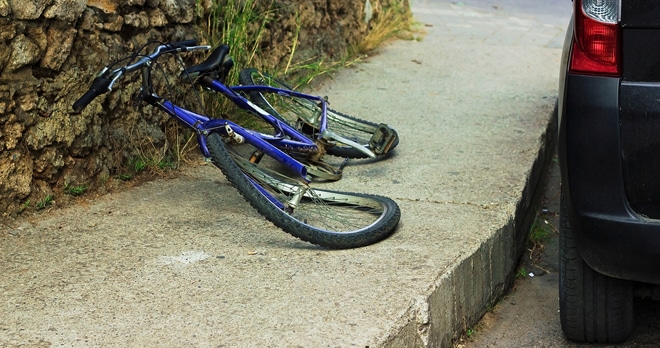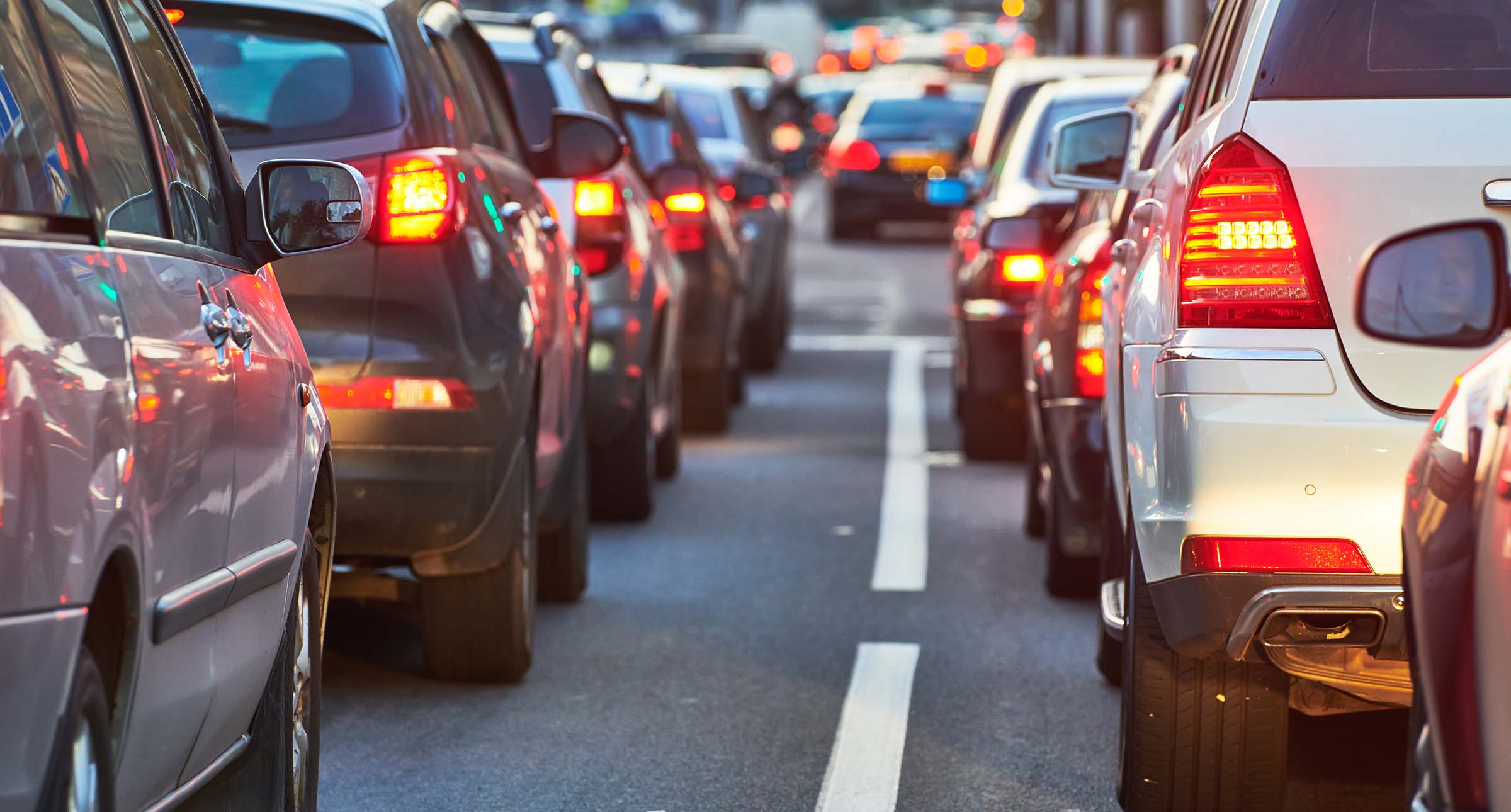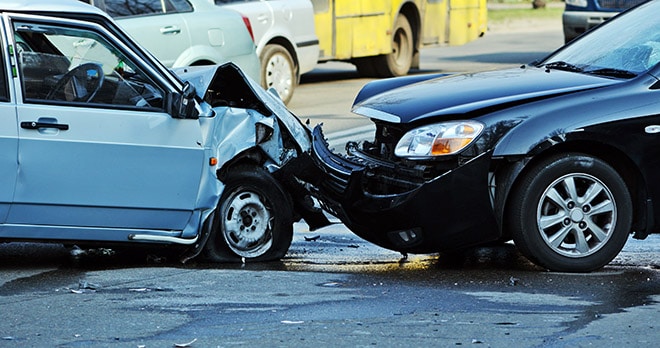Should motorists who hit cyclists be treated more severely under the law?

Putting to one side the obvious point that cycling should be encouraged for a whole host of economic, health and social reasons, I’d really like to see a review of the laws relating to motoring offences. This would be part of a wider push to reduce the number of avoidable deaths on our roads.
In my opinion, the emphasis should be on reducing the number of deaths caused by motor vehicles (around 400 pedestrian and 100 cyclist deaths are caused by motorists each year) rather than deaths caused by cycling (between 0 - 3 deaths caused by cycling each year). Any review of road safety laws should also take this into account.
How likely is it that a driver will be summoned for criminal proceedings after hitting a cyclist?
It is an unhappy subject but, in the event that somebody riding a bicycle is struck and killed by a motorist, what happens from a criminal standpoint and does that differ to what might happen when the victim is using another mode of transport?
A recent BBC study found that between 2007 and 2014:
- only 44% of motorists convicted of having been involved in a crash that resulted in the death of a cyclist received a prison sentence
- the average length of imprisonment was just under 2 years
- Only 74% of those convicted were disqualified from driving for a specified period.
- 26% (just over a quarter) of those convicted for killing a cyclist therefore didn’t get a driving ban at all
- the average length of disqualification was 22 months.
It is worth noting that, by comparison, about 60% of drivers who caused road deaths not involving cyclists were jailed.
These figures are very surprising - is the potential punishment for fatally injuring a cyclist sufficient to encourage motorists to drive more carefully around them?
What does the law say?
Motorists who cause a fatal cycling accident might be charged with one of the following:
- Careless driving (also known as driving without due care and attention). A guilty finding could result in a driving ban, an unlimited fine, or a prison sentence of up to 5 years.
- Dangerous driving is a more serious charge and the punishment reflects that; there is a possibility for an unlimited fine, a driving ban and up to 14 years in prison.
- Manslaughter, the maximum sentence for which is imprisonment for life. A guilty plea may reduce the sentence by up to one third.
Do we need a change in the law?
There are a number of less draconian ways to attempt to engage motorists in improve driving standards. Some examples might include:
- further driver education
- lobbying for improved cycling infrastructure
- a move towards a system of no fault liability which will see motorists held responsible for collisions involving cyclists unless it can be proved that the cyclist was at fault (reversing the current burden of proof).
Currently, so few motorists spend a significant amount of time in custody and/or so few are penalised significantly that the consequences of colliding with (and potentially killing) a cyclist aren’t particularly severe.
In the absence of an alternative approach aimed at improving driving standards and protecting vulnerable road users (such as cyclists), perhaps the penalties for driving a vehicle (which is a potentially dangerous weapon) in a way that causes an innocent road user to be seriously injured or killed should be reconsidered.
Perhaps, with a change in the length of the ban and/or custodial sentence driving standards may improve, as motorists become more cautious around cyclists. However, the starting point should be to look at deaths on the road as events that are entirely preventable, moving away from the current position of accepting that cyclists being killed by motorists is inevitable.
If you want to find out whether you have a claim for compensation, please contact our Injury team who can help guide you through your options.
Call now












